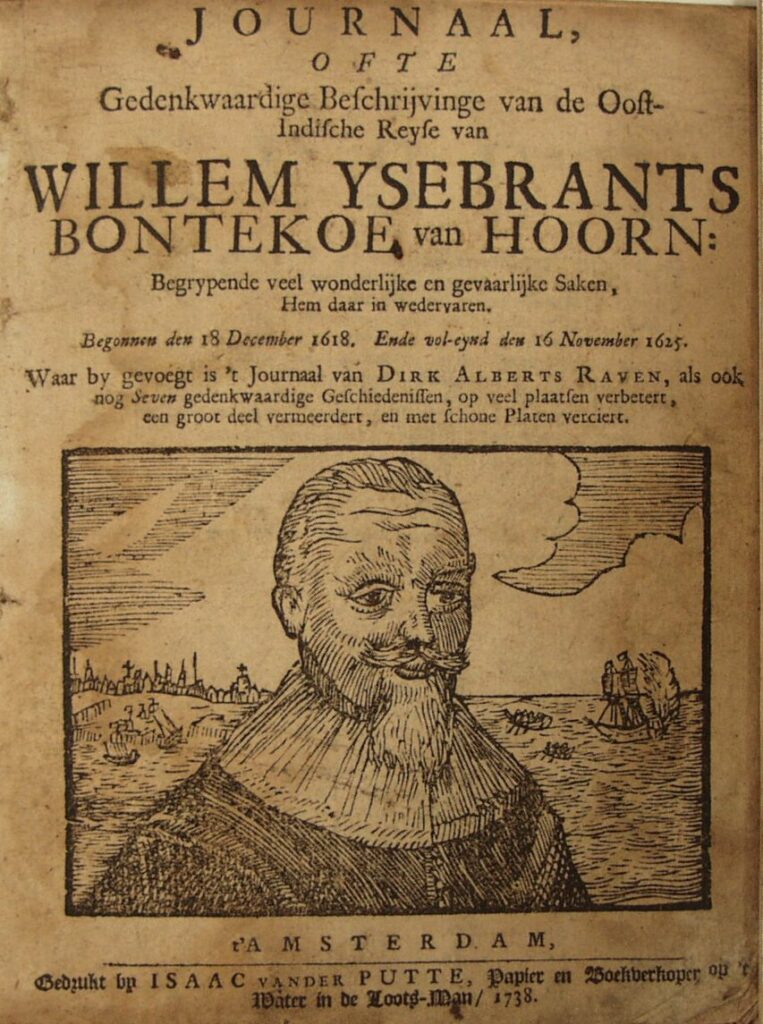Glossary
Journal

Other languages
- Dutch: journael
- French: journal
- German: Journal (= periodical), Magazin, Monatsschrift, Zeitschrift
- Italian: giornale
- Polish: czasopismo
- Spanish: diarios
Material form
Printed bookSubject
News and current affairsDescription
In the context of news, the term was first used in 17th-century France, where it referred to the periodical publishing of news on natural and philosophical matters, as opposed to political news. Specifically, it referred to scholarly periodicals such as the Journal des scavans of 1665. The genre was taken up in Italy in a similar vein only in the latter half of the 17th century under the term giornale, and in Spain as diario in the 18th century.
Around that same time, a different tradition of the giornale became popular in Italy, one that referred more closely to the etymological origin of journal/giornale. This tradition was a particular form of military gazette that gave a day-to-day account of wars (jour/giorno = day). It developed particularly during the wars against the Ottomans in the late 17th century.
In the later 18th century, giornale in Italy and journal in France became a more standard word for news or (daily) newspapers, specifically specialist, reliable news as opposed to the gazette. The Journal de Paris, started in 1777, was the first French daily newspaper.
In German, Journal or Magazin indicated a periodical that did not appear daily. The modern synonym Zeitschrift only came into use in 1751. In the late 16th century, before the emergence of weekly periodicals, Monatsschriften provided monthly overviews of recent political events.
Apart from periodicals and newspapers, journal (and its translations) could also be used to refer to an itinerary, a day-by-day account for example of a journey, or a diary. In French, English and Italian, this meaning existed already in the 16th century. In the 17th-century Low Countries this was the primary meaning of journael or dagh-journael, which referred to day-by-day accounts of longer running events such as royal or mercantile voyages, whereas the term was rarely used for periodicals.
In England the genre of the Diurnal occurrences developed in the 1620s with the similar idea of providing day-by-day accounts of events, but specifically pertaining to parliamentary proceedings. There is no precise equivalent of this genre in other languages. They were distributed in manuscript form on a weekly basis.
Related terms
diurnal, mercury
Sources
P. Arblaster, A. Belo, C. Espejo, S. Haffemayer, M. Infelise, N. Moxham, J. Raymond, N. Schobesberger, ‘The Lexicons of Early Modern News’, in: J. Raymond and N. Moxham (eds.), News Networks in Early Modern Europe (Leiden/Boston: Brill, 2016), 64-101.
G. Feyel, L’annonce et la nouvelle. La presse d’information en France sous l’Ancien Régime (1630-1788) (Oxford: Voltaire Foundation, 2000).
J. Hyde, J. Raymond, M. Rospocher, Y. Ryan, A. Schaffer, H. Salmi, Communicating the News in Early Modern Europe. Cambridge Elements series (Cambridge: Cambridge University Press, forthcoming 2023).
H.-J. Lüsebrink, J.-Y. Mollier, S. Greilich (eds.), Presse et événement: journaux, gazettes, almanachs (XVIIIe-XIXe siècles). Actes du colloque international « La perception de l’événement dans la presse de la langue allemande et franVaise » (Université de la Sarre, 12-14 mars 1998) (Bern/New York : Lang, 2000).
F. Moureau, ‘Informer et diffuser la pensée dans la France du dernier siècle de l’Ancien Régime’, Lumen 28 (2009), 29-50.
J. Raymond, ‘News’, in: J. Raymond (ed.), The Oxford History of Popular Print Culture, Vol. 1 (Oxford: Oxford University Press, 2011), 377-397.

